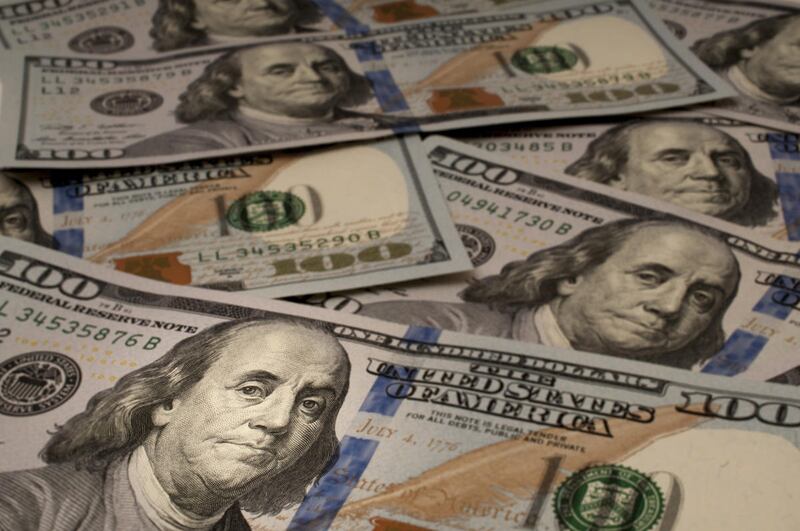SALT LAKE CITY — Medicaid prescription drug programs often negotiate a lower cost for brand name drugs than for generic, but a new audit reveals Utah could save even more through additional oversight on drug costs.
The audit report recommends that the Utah Department of Health study the use of a statewide preferred drug list for Medicaid clients, which could result in savings to the state Medicaid program up to $3.4 million a year, “and potentially even higher,” the audit report states.
“Our costs are about 30 cents on the dollar, net costs, in comparison to the actual drug price, due to significant rebates the program has available,” Nate Checketts, Utah Medicaid director, told members of the Utah Legislative Audit Committee on Wednesday. He acknowledged that if it was implemented, a single list would result in cost savings to the state.
Medicaid, because it is a federal program, has access to protected rebate information that, if utilized, the report says, could “save the Medicaid program millions of dollars.”
“This valuable information gives the Medicaid program transparency into net cost to the state that is very rare in the pharmaceutical industry outside of state Medicaid agencies,” the 48-page report states.
Auditors noted that three of five available Medicaid plans in Utah contract with pharmacy benefit managers to assist with negotiating drug pricing. Those PBMs, as they are called, are collecting a percentage of the rebated money instead of the state, which would also result in net savings.
The department of health, auditors believe, has “sufficiently managed” its preferred drug list, but said, “We believe (the department) can provide stronger oversight over rebates and pricing ... more audits and verification to ensure pricing is matching the lowest price index and rebates are billed and received correctly.”
During the course of the recent audit, auditors found more than 60,000 prescriptions where the lowest cost available might not have been successfully negotiated, resulting in overages of more than $300,000. Many of those charges were reimbursed over the allowed limit.
In 2018, Utah’s Medicaid program received nearly $138 million in prescription manufacturer rebates, “but did not sufficiently analyze or verify whether all available rebates were received,” the report states.
“If errors amounted to 1% less in rebates, (Utah) would be missing out on over $1 million in additional dollars.”
Checketts said the department would follow up with legislators after further analysis.
Emma Chacon, Utah Medicaid director of operations, said the audit recommendations provide “a great opportunity to study this.”
“It is not taken lightly,” she told lawmakers on Wednesday. “We believe the results of our combined efforts will make a better, more efficient program.”


